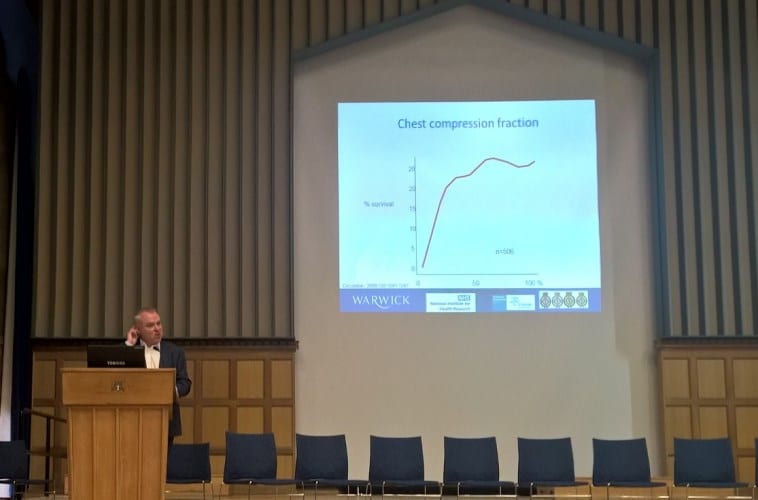Dr Julie Pattinson presents at International Medical Graduates (IMG) Conference 2017 in Boston, UK

Julie Pattinson of CaHRU presented her work on reasons for variations in performance in the MRCGP Applied Knowledge Test at the recent International Medical Graduates’ conference at the Conference Hall, Centre for Medical & Dental Education, Pilgrim Hospital. Speakers included Continue reading Dr Julie Pattinson presents at International Medical Graduates (IMG) Conference 2017 in Boston, UK




